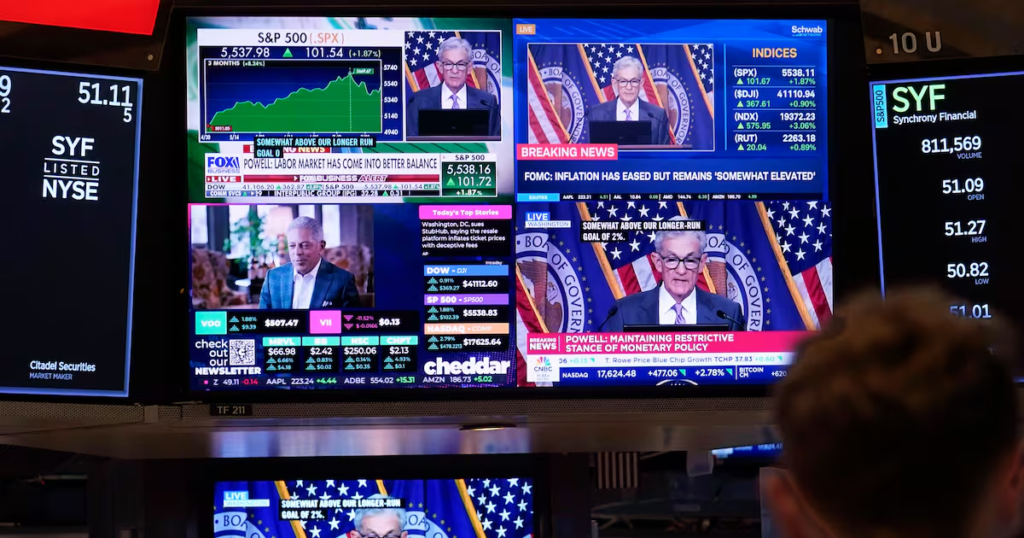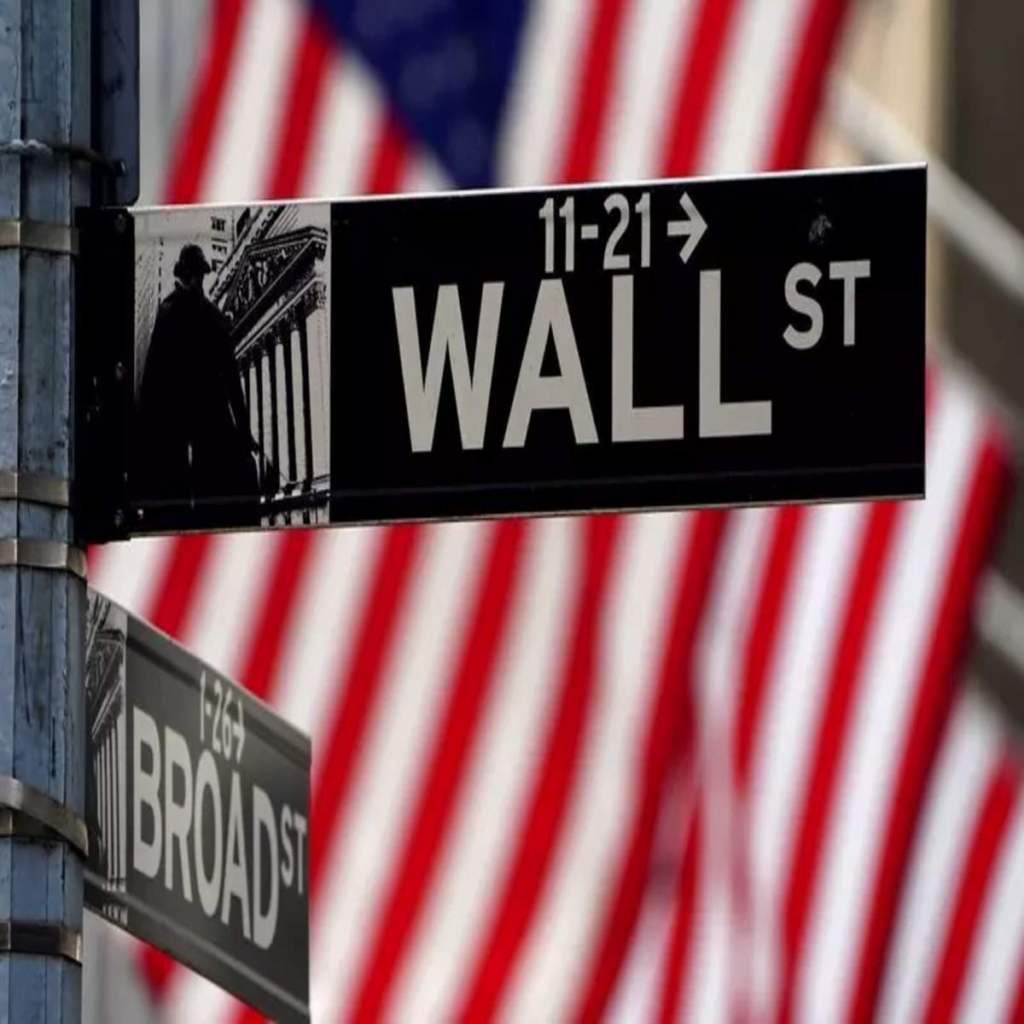Jerome Powell stated, “The time has come for policy to adjust.”
Federal Reserve Chair Jerome Powell signaled a pivotal shift in monetary policy during his keynote address at the Jackson Hole symposium in Wyoming, indicating that the Fed is poised to begin lowering its key interest rate from its highest level in 23 years. This potential adjustment marks a significant change from the central bank’s recent aggressive stance against inflation.
In his speech, Jerome Powell stated, “The time has come for policy to adjust.” Although he did not specify the exact timing or size of the rate cuts, he suggested that a modest reduction of 25 basis points is widely anticipated when the Federal Open Market Committee (FOMC) meets in mid-September. This marks a shift from the Fed’s earlier focus on combating high inflation, which peaked at 7.1% in mid-2022, towards managing broader economic conditions and employment levels.

Jerome Powell highlighted that inflation had fallen to 2.5% in July, bringing it close to the Fed’s target of 2%. This reduction in inflation, combined with emerging signs of a cooling labor market, including an uptick in the unemployment rate to 4.3%, has led to expectations that the Fed will implement a rate cut at its upcoming meeting. He emphasized that the timing and magnitude of future rate reductions will be influenced by incoming economic data and evolving economic conditions.
The prospect of this policy shift has energized financial markets, with stock prices rising and bond yields falling. Jerome Powell’s remarks have ignited optimism that the Fed is transitioning towards a more supportive stance on economic growth and employment. Despite recent signs of a cooling job market, Powell reassured that the Fed does not seek further contraction in labor market conditions and is instead aiming for a “soft landing,” where inflation returns to the target without precipitating a recession.
The anticipated rate cut could also have political implications, given its timing just before the presidential election. Former President Donald Trump has criticized the Fed for potentially lowering rates so close to an election, suggesting it might be politically motivated. However, Jerome Powell has consistently stressed that the Fed’s decisions are based solely on economic indicators and are not influenced by the political calendar.

This potential policy shift represents a significant departure from the Fed’s previous strategy of aggressive rate hikes aimed at controlling inflation. Over the period from March 2022 to July 2023, the central bank implemented 11 rate increases, pushing the federal funds rate to a range of 5.25% to 5.50%, the highest in over two decades. As inflationary pressures have eased, markets are now forecasting a 25-basis-point cut in September, with further reductions possible in November and December.
In his address, Jerome Powell also reflected on the broader economic context, including the Fed’s management of pandemic-induced disruptions. He acknowledged that addressing these supply and demand distortions took longer than anticipated but played a crucial role in reducing inflationary pressures. The Fed’s policies have contributed to a moderation in aggregate demand and have helped in balancing supply and demand.

The next FOMC meeting, scheduled to conclude on September 18, will be closely observed to gauge the size and scope of the anticipated rate cut. Jerome Powell’s remarks at the Jackson Hole symposium have set the stage for a potential series of reductions aimed at fostering continued economic growth and maintaining price stability. This shift in focus from inflation control to supporting economic stability reflects the Fed’s evolving approach to managing the post-pandemic economic landscape.
Related Links:
Wall Street: US Stocks Dip 1%, Dollar Rises Before Fed
6 Key Battleground States Poised to Influence US Election Outcome
Biden Issues 1 Menace to Putin: Halt Aggressions Beyond Ukraine in Joint Conference with Macron
2024 Election Polls: Trump Triumphs Over Biden Despite Conviction Impacting Reputation
Donald Trump’s Conviction Sets 1st U.S. Precedent, Following Global Trend
US-India Relations in Light of Modi’s Growing Influence
